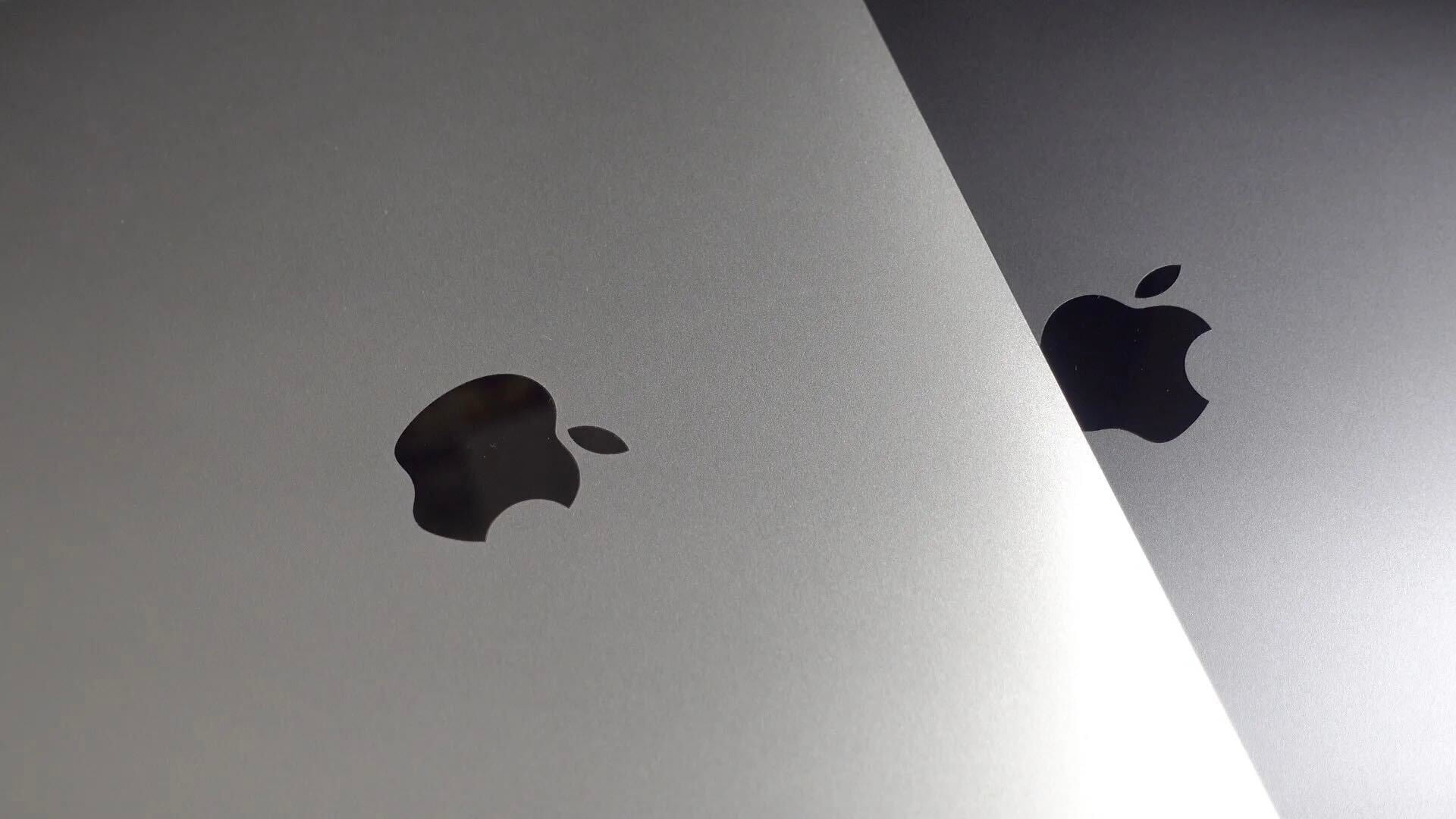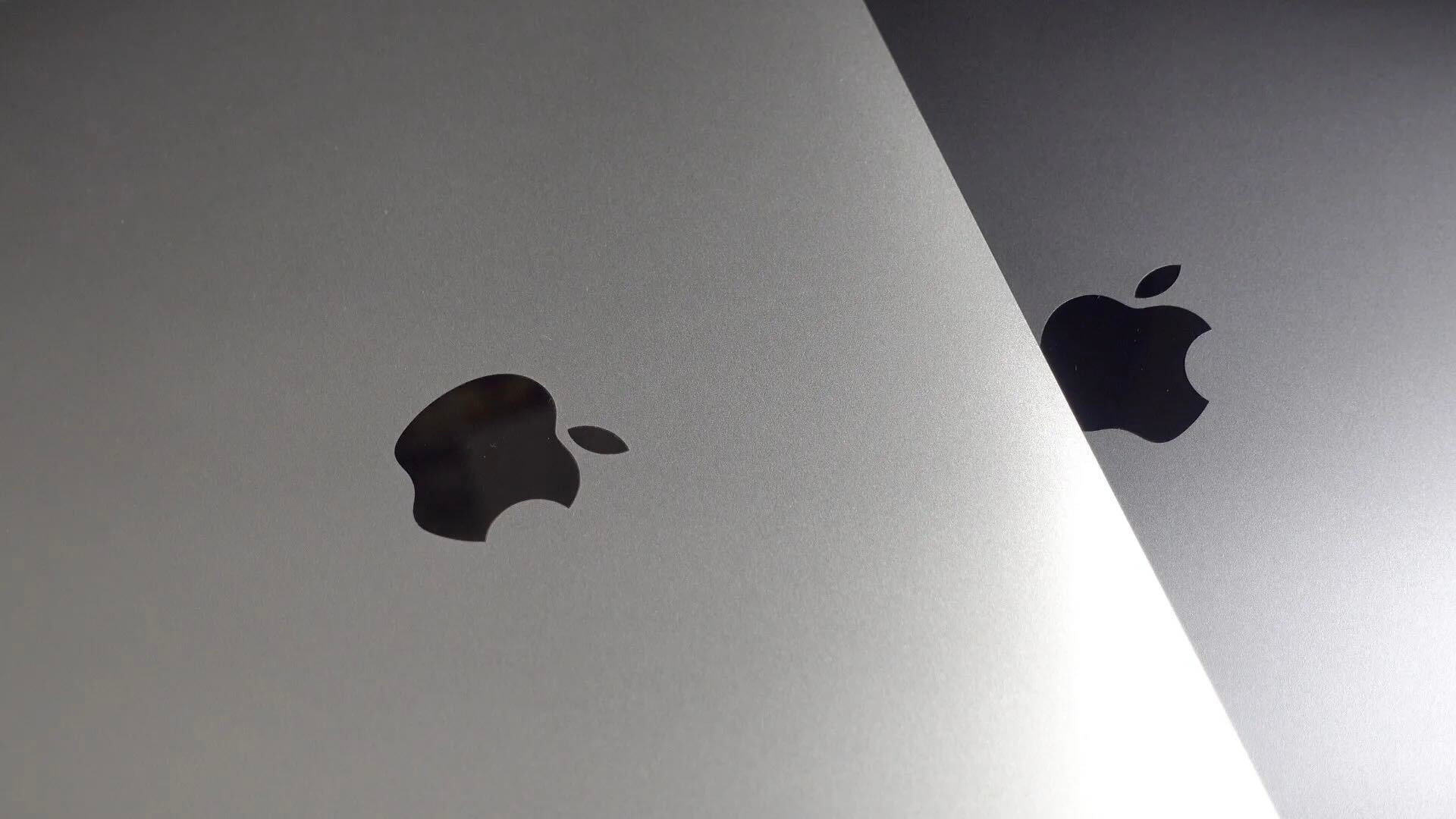[youtube=http://www.youtube.com/watch?v=Np2_pysQzpU]
The blurb from CBS seems to eerily echo a Quora post by a Harvard Cancer Doctor Ramzi Anri that basically said that his cancer was mild and treatable but spread while he was trying to treat it holistically.
While Mr. Jobs was trying all sorts of alternative [medicine] his tumor grew, and grew, and grew…
… and then it somehow grew beyond control.
- Jobs waited so long before seeking normal treatment that he had to undergo a Whipple procedure, losing his pancreas and whole duodenum in 2004. This was the first alarming sign that his disease had progressed beyond a compact primary to at least a tumor so large his Pancreas and duodenum could not be saved.
- Jobs seemingly waited long enough for the disease revealed to have spread extensively to his liver. The only reason he’d have a transplant after a GEP-NET would be that the tumor invaded all major parts of the liver, which takes a considerable amount of time. Years, in most neuroendocrine tumors. It could be that this happened before his diagnosis, but the risk grows exponentially with time.
- We then saw the tumor slowly draining the life out him. It was a horrible thing to see him lose weight and slowly turn into a skin and bones form of himself.
Yet it seems that even during this recurrent phase, Mr. Jobs opted to dedicate his time to Apple as the disease progressed, instead of opting for chemotherapy or any other conventional treatment.
Isaacson also seems to imply that it spread during that time and obviously in hindsight, Jobs was regretful for not choosing to operate on it sooner. Isaacson said,
“I’ve asked [Jobs why he didn’t get an operation then] and he said, ‘I didn’t want my body to be opened…I didn’t want to be violated in that way,'” Isaacson recalls. So he waited nine months, while his wife and others urged him to do it, before getting the operation, reveals Isaacson. Asked by Kroft how such an intelligent man could make such a seemingly stupid decision, Isaacson replies, “I think that he kind of felt that if you ignore something, if you don’t want something to exist, you can have magical thinking…we talked about this a lot,” he tells Kroft. “He wanted to talk about it, how he regretted it….I think he felt he should have been operated on sooner.”
As Ryan Tate said,
In the end, may prove the most compelling reason to forgive the brilliant CEO his many faults: Of all the people who suffered on the dark side of his headstrong, iconoclastic decisionmaking, it was Jobs himself who appears to have paid the biggest price.
Jobs also told Isaacson:
Jobs had actually met the man who turned out to be his biological father before he knew who he was. He also talks about the discussion he had with Jobs about death and the afterlife, explaining that for Jobs, the odds of there being a God were 50-50, but that he thought about the existence of God much more once he was diagnosed with cancer. Another aspect of Jobs’ character revealed was his disdain for conspicuous consumption. He tells Isaacson in a taped conversation how he saw Apple staffers turn into “bizarro people” by the riches the Apple stock offering created. Isaacson says Jobs vowed never to let his wealth change him.
The full interview will air on Sunday.






